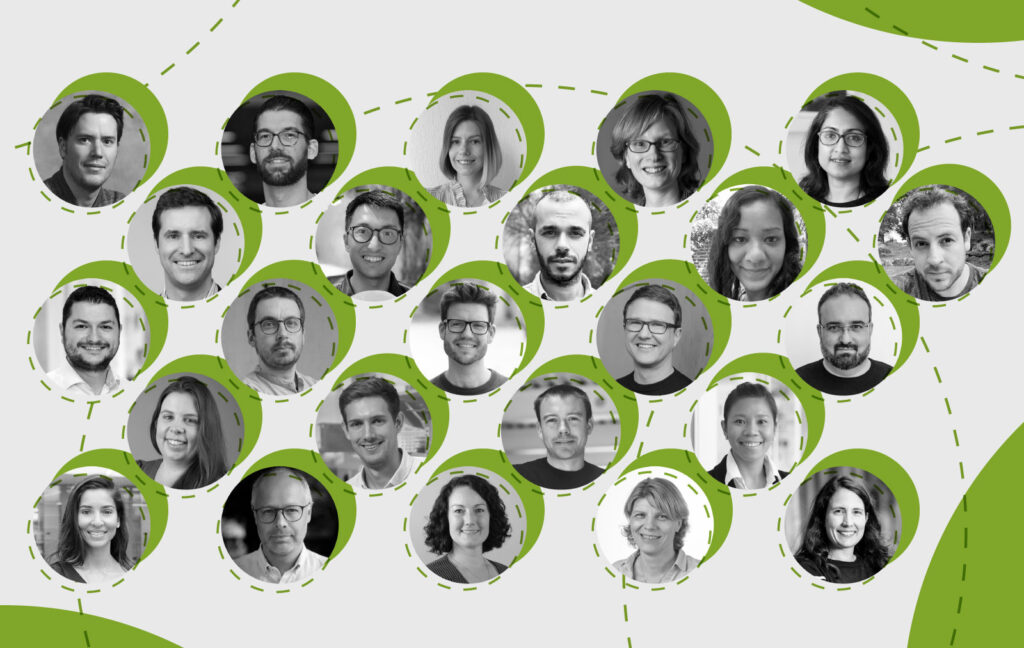22 November 2022 – EMBO is delighted to announce 24 life scientists as the newest members of the EMBO Young Investigator Programme. The programme supports excellent group leaders who have been in independent positions for less than four years and have an excellent track record of scientific achievements.
The new EMBO Young Investigators will join the existing network of 135 current and 390 former members of the programme. They will receive financial and practical support for a period of four years, starting in January 2023.
“EMBO welcomes the new Young Investigators with a sense of excitement and pride,” says EMBO Director Fiona Watt. “One of the most remarkable things about this wonderful community is its diversity of expertise. Participation in the programme supports young group leaders at a critical phase of their careers, providing opportunities to develop their laboratories, learn from one another, and make lifelong connections within a supportive network.”
EMBO Young Investigators receive an award of 15,000 euros in the second year of their tenure and can apply for additional grants of up to 10,000 euros per year. They also benefit from a broad range of practical support, including networking opportunities for them and their lab members, mentoring by EMBO Members, training in areas such as leadership skills and responsible conduct of research, and access to core facilities at the European Molecular Biology Laboratory (EMBL).
Participants in the EMBO Young Investigator Programme must carry out their research in an EMBC Member State, an EMBC Associate Member State (currently India and Singapore), or in countries and territories covered by a co-operation agreement (currently Taiwan and Chile).
This year’s Young Investigators are based in ten EMBC Member States as well as Singapore. Ten new EMBO Young Investigators are female (42%) and 14 are male (58%). The programme received 177 eligible applications, with a success rate of 14%. More information about the programme, including eligibility criteria and the application process, is available at: www.embo.org/funding/fellowships-grants-and-career-support/young-investigator-programme
New EMBO Young Investigators
| Name | Project title | Affiliation | Country of Institute |
|
|---|---|---|---|---|
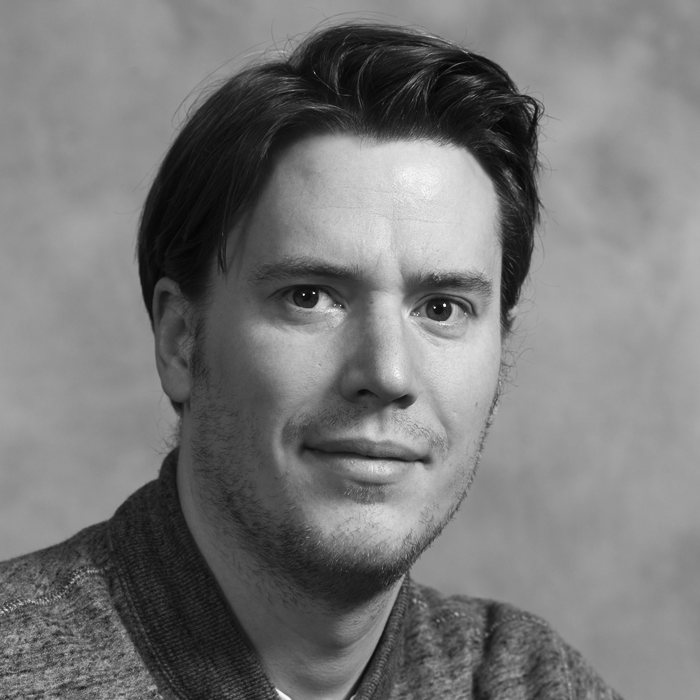 | Andreas Boland | Deciphering the molecular mechanisms underlying chromosome segregation | University of Geneva | Geneva, CH |
 | Andreas Moor | Spatial characterisation of cellular interactions in the tumour microenvironment | ETH Zurich | Zurich, CH |
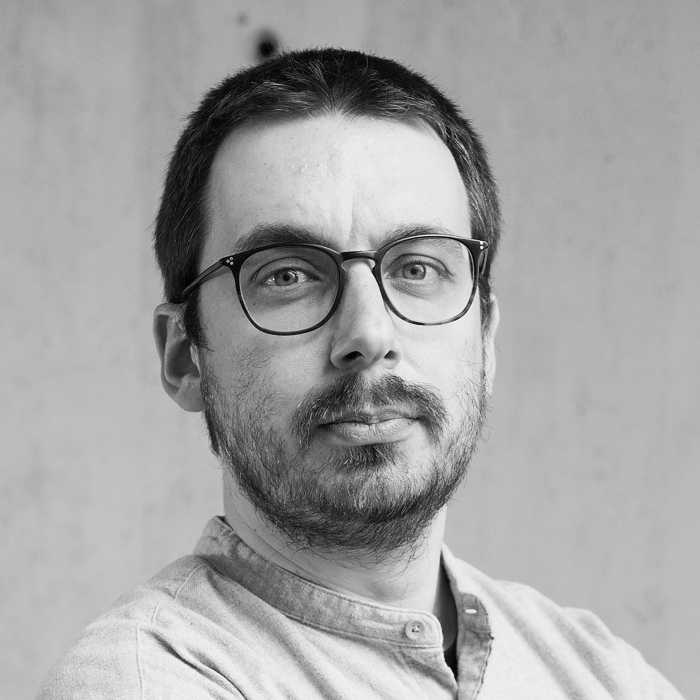 | Arnau Sebe-Pedros | Single-cell genomics and evolution of cell type regulatory networks | Centre for Genomic Regulation | Barcelona, ES |
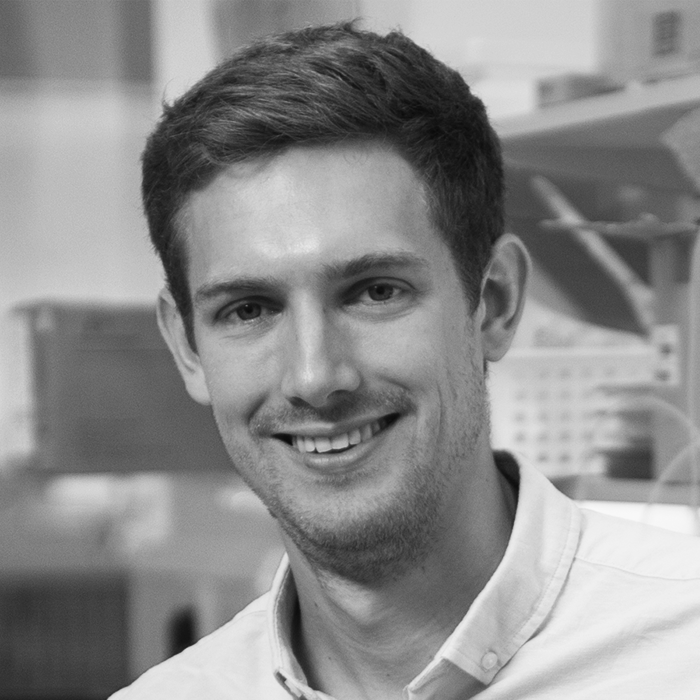 | Benjamin Ryskeldi-Falcon | Structural cell biology of RNA-binding protein aggregation in neurodegeneration | MRC Laboratory of Molecular Biology | Cambridge, UK |
 | Bonnie Murphy | Structure and mechanism of redox and metalloproteins across the tree of life | Max Planck Institute for Biophysics | Frankfurt, DE |
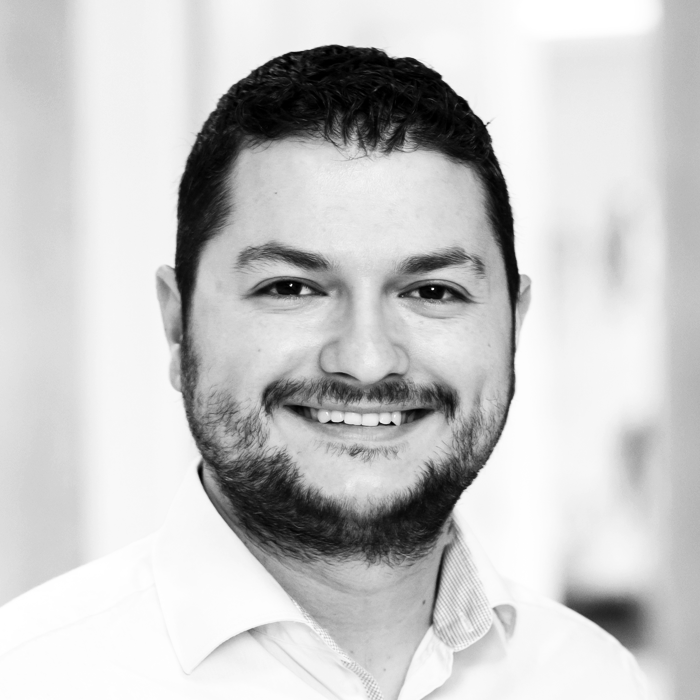 | Boyan Bonev | Dissecting epigenome regulation in brain development and evolution | Helmholtz Munich | Neuherberg, DE |
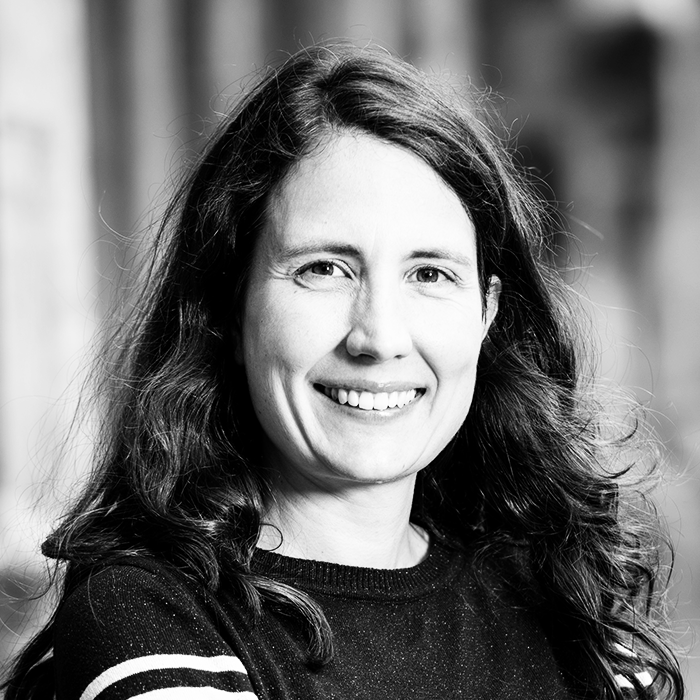 | Charlotte Aumeier | Biochemistry and biophysics of dynamic microtubule networks | University of Geneva | Geneva, CH |
 | Charlotte Scott | Investigating the functional heterogeneity of macrophages in the inflamed liver | Ghent University | Ghent, BE |
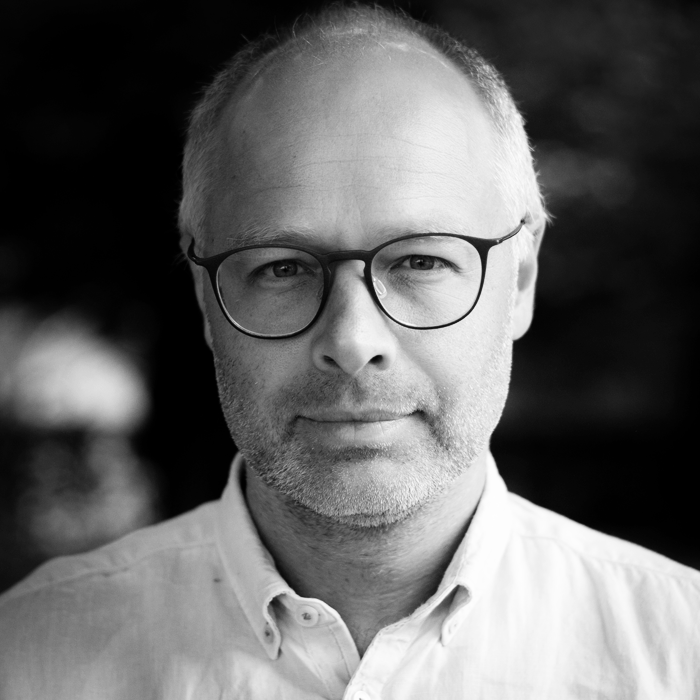 | Christian Mayer | Single-cell delineation of lineage and genetic identity in the developing brain | Max Planck Institute for Neurobiology | Martinsried, DE |
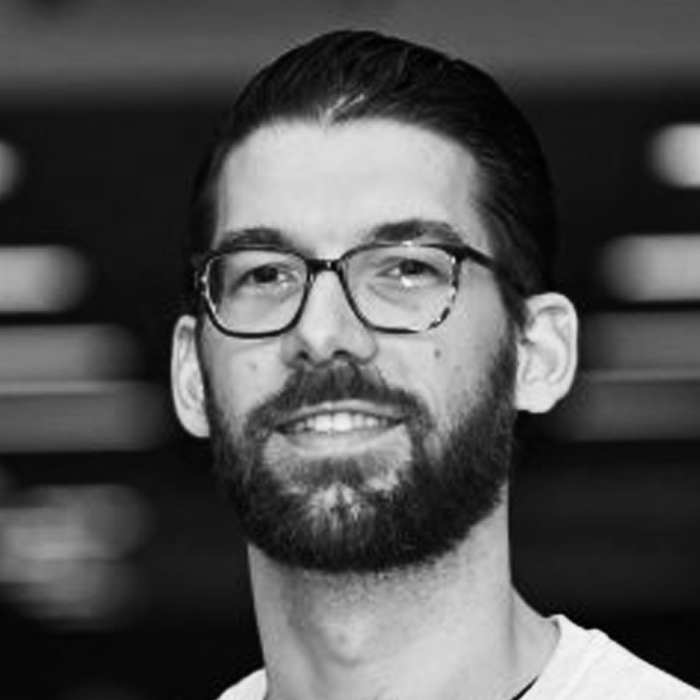 | Daan Swarts | The divergent functions and mechanisms of prokaryotic immune systems | Wageningen University | Wageningen, NL |
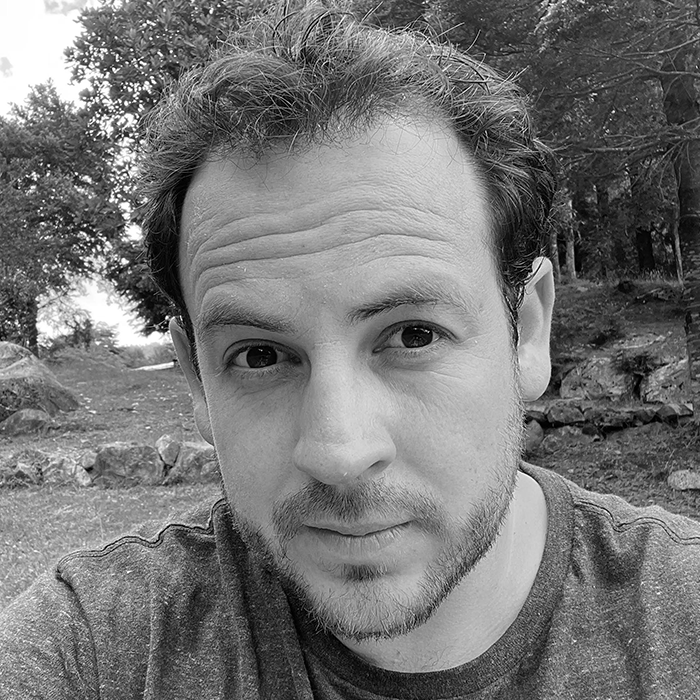 | Elias Barriga | Integrative approaches to collective cell migration during tissue morphogenesis | Gulbenkian Science Institute | Oeiras, PT |
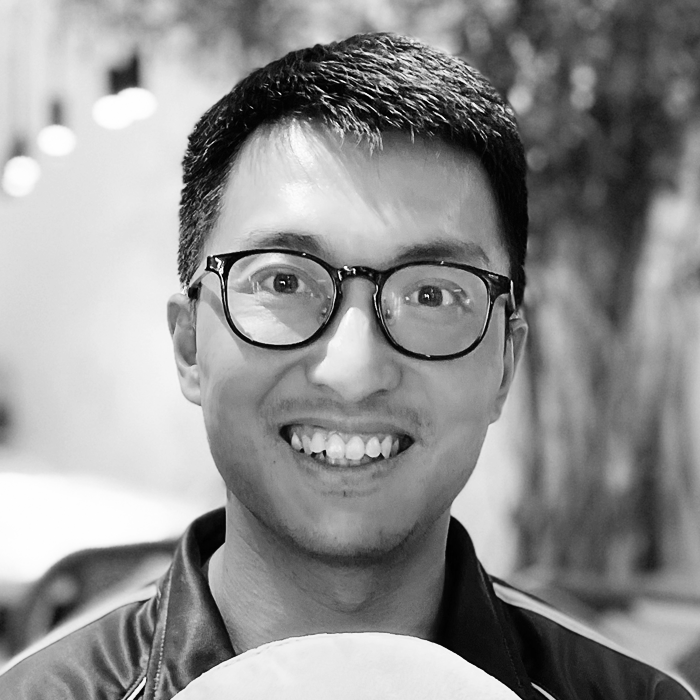 | Franklin Zhong | Innate immunity and pathogen sensing at barrier organs | NTU Lee Kong Chian School of Medicine | Singapore, SG |
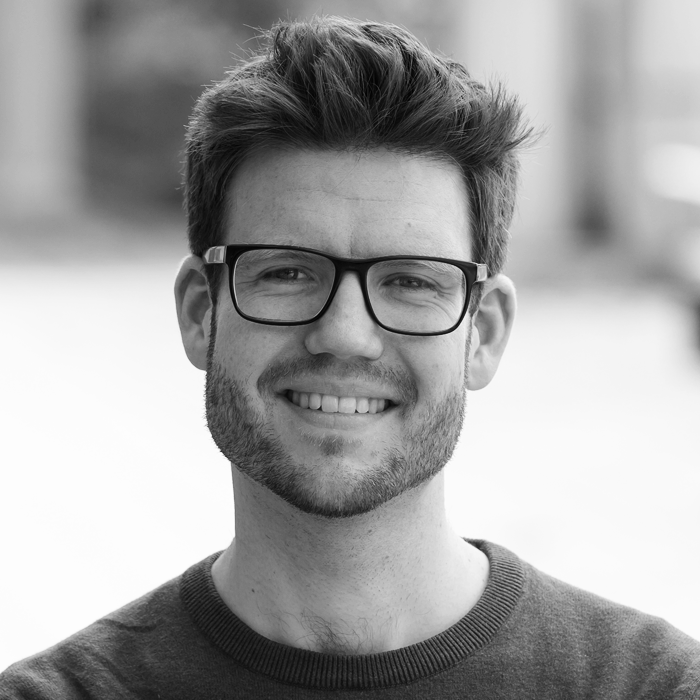 | Hauke Hillen | Mechanisms of human mitochondrial gene expression | University Medical Center Göttingen | Göttingen, DE |
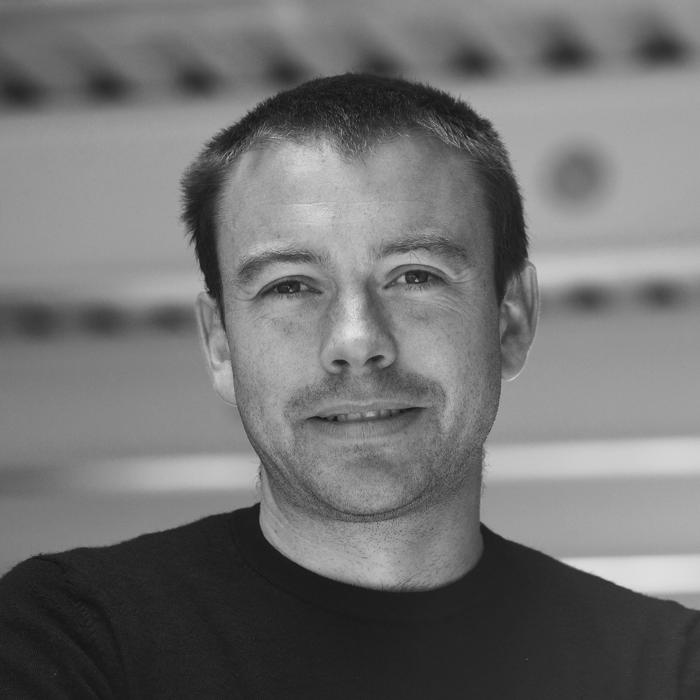 | Lars Velten | Single cell and synthetic genomics of blood formation | Centre for Genomic Regulation | Barcelona, ES |
 | Lena Pernas | Metabolism of infection | Max Planck Institute for Biology of Ageing | Cologne, DE |
 | Mahima Swamy | Intraepithelial T lymphocytes at the forefront of intestinal immunity | University of Dundee | Dundee, UK |
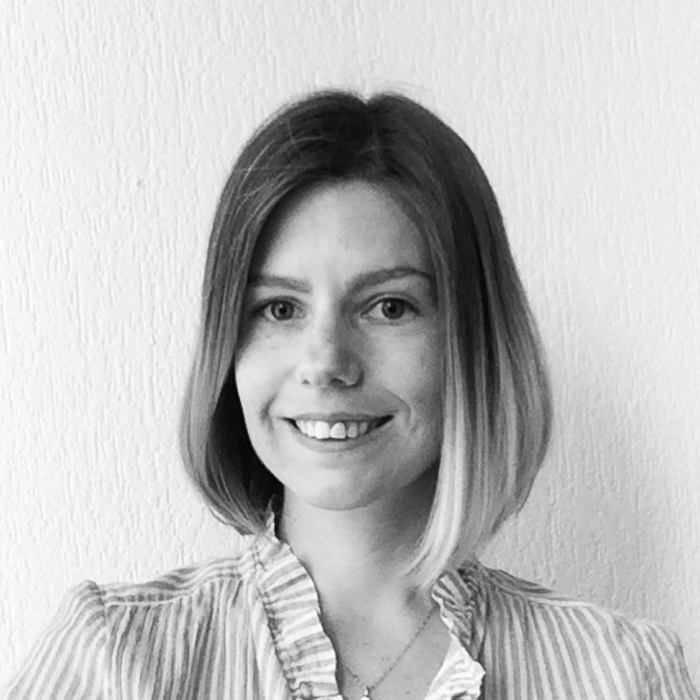 | Manuela Hospenthal | Understanding the molecular mechanisms of bacterial natural transformation | ETH Zurich | Zurich, CH |
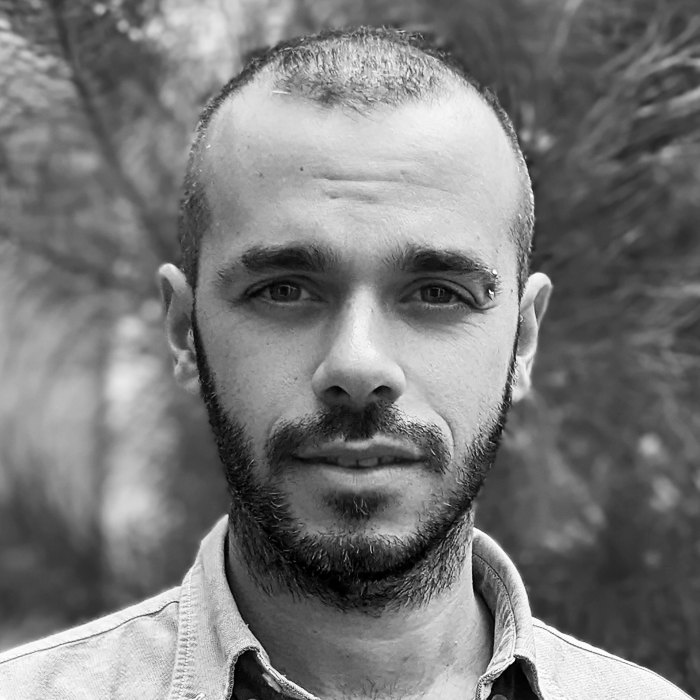 | Mauro Gaya | Outlining the role of IgA in memory instruction | Centre d'Immunologie | Marseille, FR |
 | Sebastian Falk | Biogenesis and action of small RNAs | University of Vienna | Vienna, AT |
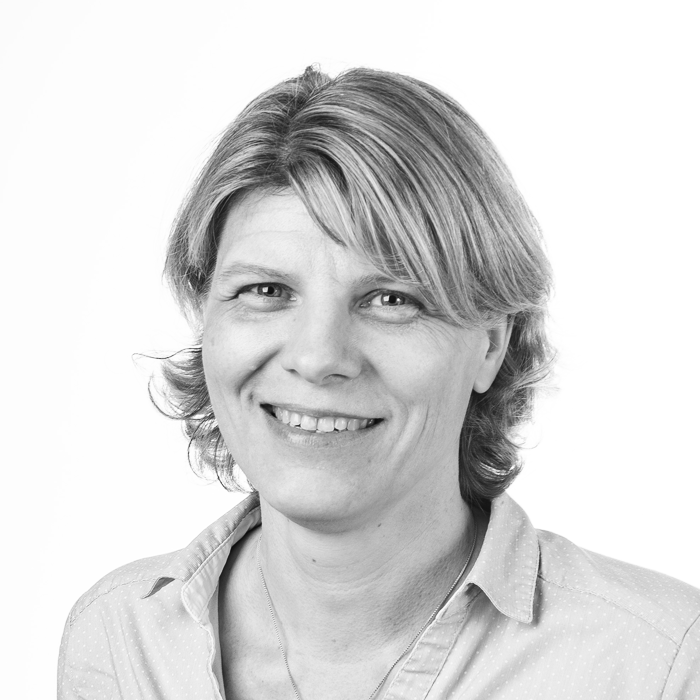 | Susan Schlimpert | Molecular mechanisms of life, death and survival in multicellular bacteria | John Innes Centre | Norwich, UK |
 | Thi Hoang Duong Nguyen | Molecular mechanism and regulation of human telomerase | MRC Laboratory of Molecular Biology | Cambridge, UK |
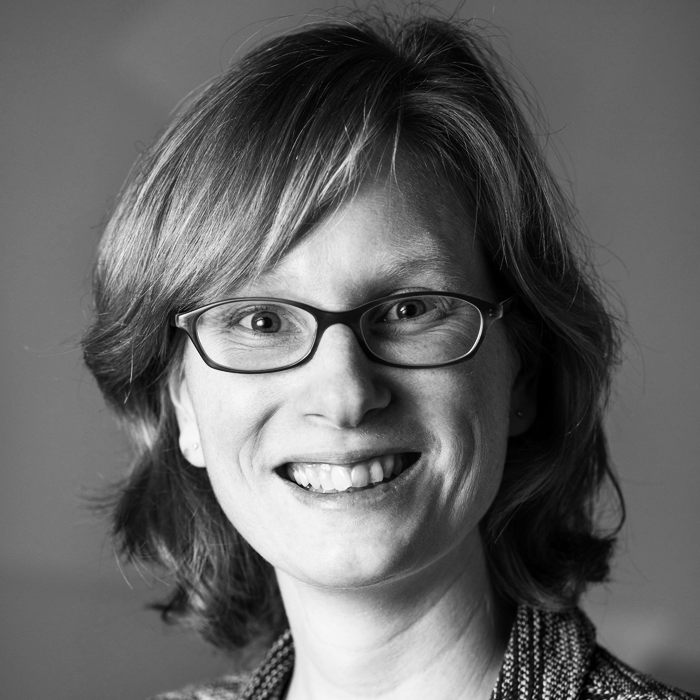 | Tineke Lenstra | Understanding transcriptional bursting in single cells | Netherlands Cancer Institute | Amsterdam, NL |
 | Vilaiwan Fernandes | How are developmental processes coordinated to build functional circuitry? | University College London | London, UK |
 | Yaniv Elkouby | Cell and developmental biology of oogenesis and ovarian morphogenesis | Hebrew University | Jerusalem, IL |
